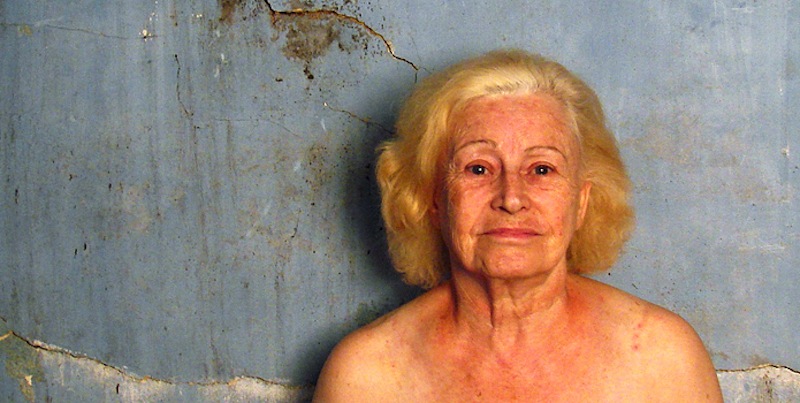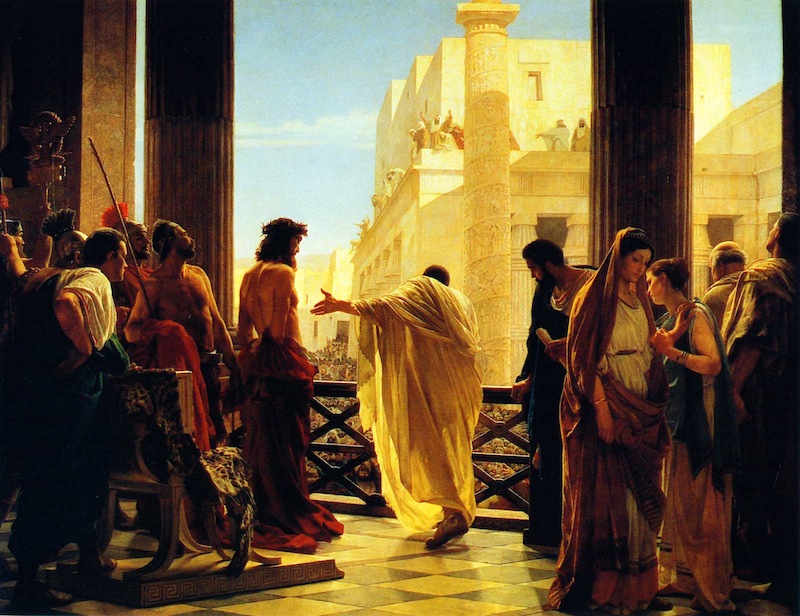Darkness Rather than Light
Jean Hoefling
 It has always seemed strange to me . . . the things we admire in men, kindness and generosity, openness, honesty, understanding and feeling, are the concomitants of failure in our system. And those traits we detest, sharpness, greed, acquisitiveness, meanness, egoism and self-interest, are the traits of success. And while men admire the quality of the first, they love the produce of the second. – John Steinbeck
It has always seemed strange to me . . . the things we admire in men, kindness and generosity, openness, honesty, understanding and feeling, are the concomitants of failure in our system. And those traits we detest, sharpness, greed, acquisitiveness, meanness, egoism and self-interest, are the traits of success. And while men admire the quality of the first, they love the produce of the second. – John Steinbeck
What epitomizes the essence of Steinbeck’s ruminations better than the highly successful Netflix TV show House of Cards, a statement on the ruthless spirit of Washington politics (real or somewhat imagined) that even a sophisticated reviewer for the New York Times admits “may be the most joyless show on television.” Nevertheless, I hear it everywhere: emotional downer shows that cash in on human evil are “actually quite literary,” and this type of “finally, something intelligent on television” programming spells the Salvation of Western Civilization.
While admitting the show is joyless, the Times reviewer still considers this drama series “exhilarating and binge-worthy.” She’s right; looking voyeuristically into other people’s soul sickness is a rush, and addictive because we unconsciously recognize it in ourselves. The spirit behind the Machiavellian Frank Underwood and his grim, shifty-eyed ilk appeals to the Black Plague germs lurking in us all, our love of darkness rather than light (John 3:19). Steinbeck needn’t have been surprised by this human tendency.
What’s actually surprising is that we don’t work harder to fill our eyes and ears with kind and wholesome images, stuff that even science has proven beneficial psychologically and physiologically. In an article in Psychology Today, “Elation: The Amazing Effect of Witnessing Acts of Kindness,” “witnessing altruistic acts can be a source of what Abraham Maslow called ‘peak experiences,’ “a warm feeling in the chest, a sensation of expansion in [the] heart . . . increased sense of connection with others . . . a manifestation of humanity’s ‘higher’ or ‘better’ nature.” And to think goodness isn’t cool in our world.
Question for self: Without being overly didactic about it, wouldn’t it be better for my soul, if I must view monsters, just to dial into old episodes of The Munsters instead of keeping company with the monsters in House of Cards?


















